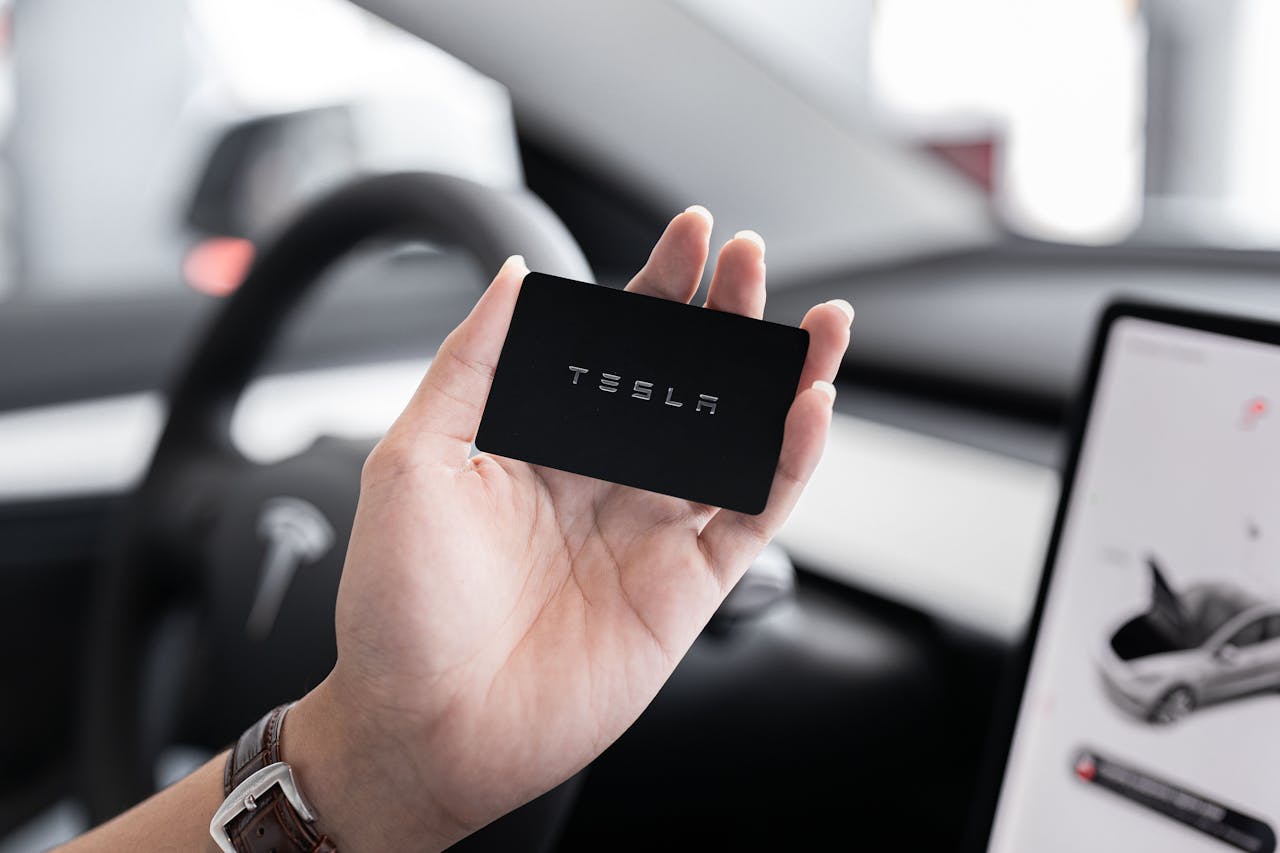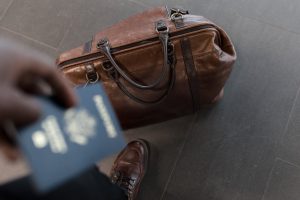Who Really Owns Your Tesla FSD?
2025 Licensing Changes Spark a Legal and Ethical Debate
In 2025, Tesla quietly—but significantly—adjusted its Full Self-Driving (FSD) licensing policy, rekindling an ongoing debate: Is FSD a product you own, or a service you’re borrowing? This change, while buried in terms and conditions, has real consequences for Tesla drivers—and those looking to buy or sell one secondhand.
Let’s break down what’s changed, how it compares to previous years, and what it means for Tesla owners across the U.S., Canada, and Europe.
The 2025 Tesla FSD Licensing Update: What Changed?
The core change in 2025 is Tesla’s tightened restriction on FSD transferability. Previously, there were temporary allowances where owners could transfer their purchased FSD to a new Tesla vehicle (especially during promotional events like in Q3 2023). As of mid-2025, that flexibility has narrowed:
- FSD now follows the vehicle, not the owner.
- Even with trade-ins or upgrades, FSD typically does not transfer unless explicitly allowed by Tesla (and only during limited-time incentives).
- Tesla reserves the right to deactivate or reassign licenses at their discretion.
That means if you paid $12,000 for FSD, and you sell your Model Y in 2025, the buyer gets FSD—but you don’t get to carry it over to your next Tesla unless Tesla permits it at that moment.
Is Tesla Treating FSD as Software-as-a-Service (SaaS)?
Essentially, yes. Even if you paid a lump sum for “lifetime access,” you’re bound by Tesla’s software licensing terms. These terms resemble those from Apple or Microsoft more than traditional vehicle ownership:
- You’re buying a license, not the software itself.
- Tesla retains full control of updates, access, and transfer rights.
- FSD features (like Autopark or Navigate on Autopilot) may change over time or be disabled based on geographic regulations.
This dynamic has raised concerns among legal scholars and consumer rights groups. In traditional car ownership, once you’ve paid for a feature, it’s yours. Tesla’s model disrupts that norm.
Regional Legal Responses: U.S. vs. EU vs. Canada
United States: In most states, Tesla’s licensing model is legally permissible, though several consumer advocacy groups—including the Consumer Federation of America—have petitioned the FTC to require clearer disclosures on software ownership.
European Union: The EU’s Digital Markets Act emphasizes “portability and transparency” in software licensing. Regulators in Germany and France have started probing whether Tesla’s FSD licensing violates EU digital consumer rights.
Canada: The Canadian Automobile Association has flagged Tesla’s FSD policy as “consumer-unfriendly,” but no legal action has followed. However, provinces like Quebec are discussing regulatory updates for EV software standards.
Financial Implications for Tesla Buyers and Sellers
Here’s where things get even more practical. If FSD stays with the car, resale value increases—but only for the seller. For the buyer or existing owner:
- You can’t assume you’ll retain your FSD license if you trade in.
- FSD-equipped used Teslas sell for $6,000–$8,000 more than non-FSD versions (2025 Kelley Blue Book).
- Subscribing monthly ($199/month in the U.S.) may become the more flexible and cost-efficient option than the full purchase.
In short: Tesla owners now need to think like software subscribers, not just vehicle owners.
What Tesla Says—and Doesn’t Say
Tesla maintains that this model is necessary for ongoing innovation, safety, and updates. Its legal fine print claims the right to revoke or modify access to any FSD features without compensation. While this is stated in the legalese, it’s not front and center in most marketing materials or showroom pitches.
Elon Musk has also hinted on X (formerly Twitter) that FSD should be seen as a “digital companion that evolves over time,” rather than a static product.
Should Tesla Owners Be Worried?
That depends on your perspective:
- If you treat your Tesla like an iPhone—with subscription-based upgrades and cloud-managed software—this model makes sense.
- But if you expect the same ownership rights as with traditional cars, especially regarding expensive add-ons like FSD, this shift feels like a bait-and-switch.
The gray area Tesla operates in—between hardware ownership and software licensing—is not unique, but few companies have stretched the boundary as boldly.
Looking Ahead: Regulation Inevitable?
The bigger question isn’t just about Tesla—it’s about the future of vehicle ownership in a software-defined world. If your $12,000 FSD “purchase” can disappear with a trade-in, what does it mean to own your car in the first place?
Regulators in the U.S. and EU are now watching closely. Some insiders suggest that new laws requiring mandatory software portability or lifetime licensing guarantees could arrive by 2026.
Until then, every Tesla owner should read the fine print—and maybe screenshot it too.
Related Topics You Might Like
- How to Verify Used Tesla FSD Status When Buying a Used Tesla in 2025
- Is Tesla Insurance Really Cheaper in 2025? Real Cost Breakdown vs Traditional Auto
- How to Transfer Tesla FSD Between Owners in 2025
Enjoyed this breakdown?
Share this article with other Tesla owners and drop your thoughts below—do you think Tesla FSD should be transferable like a physical upgrade, or are software licenses the future of car features?



